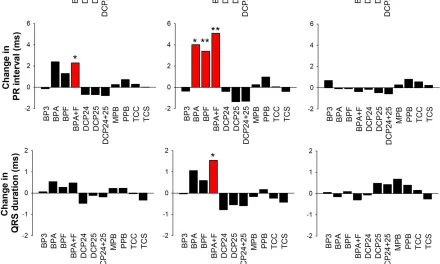London, UK — A recent study from University College London (UCL) reveals that older adults who experience social isolation are at a significantly higher risk of not consuming adequate levels of essential micronutrients, such as vitamin C and vitamin B6. This dietary deficiency can lead to various health complications as they age.
The research, published in the journal Age and Ageing, examined data from the English Longitudinal Study of Ageing (ELSA), which assesses a nationally representative sample of older adults in England every two years. The findings indicate that individuals with higher levels of social isolation are more likely to fall short of the recommended intake of five crucial micronutrients: magnesium, potassium, vitamin C, folate, and vitamin B6.
Professor Andrew Steptoe, a lead researcher in the study, highlighted the implications of these findings. “Inadequate intake of these micronutrients puts older adults at greater risk of health problems,” he noted. “Social connections can play a vital role in promoting healthier eating habits.”
The study suggests that socially isolated individuals may lack the necessary support systems to access information about nutrition and healthy eating, potentially leading to a more limited diet. Older adults may also become set in their eating habits, opting for familiar foods over a varied diet rich in fruits, vegetables, legumes, and fish.
Researchers assessed participants’ levels of social isolation based on factors such as living alone, frequency of social interactions with friends and family, and involvement in clubs or organizations. They found that a one-point increase in the social isolation score corresponded with a greater likelihood of inadequate intake of the identified micronutrients over a two-year period.
Interestingly, the study found no correlation between social isolation and deficiencies in calcium, iron, and vitamin B12—nutrients typically derived from animal products. This suggests that isolated individuals may be maintaining more traditional diets centered around meat, eggs, and dairy, while neglecting vital plant-based foods.
As the global population ages, the importance of fostering social connections among older adults cannot be overstated. Addressing social isolation could be a crucial step toward improving dietary habits and overall health in this vulnerable demographic.
Key Takeaways:
- Social isolation in older adults is linked to insufficient intake of key micronutrients.
- Essential nutrients affected include magnesium, potassium, vitamin C, folate, and vitamin B6.
- The findings underscore the role of social interactions in promoting healthier eating habits among the elderly.












